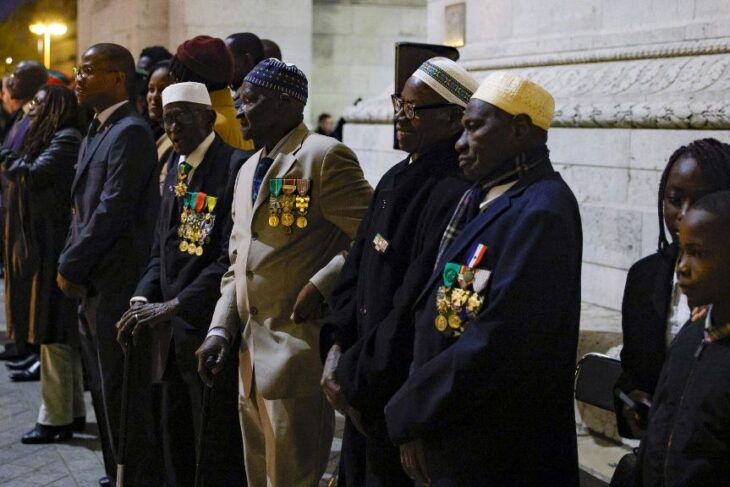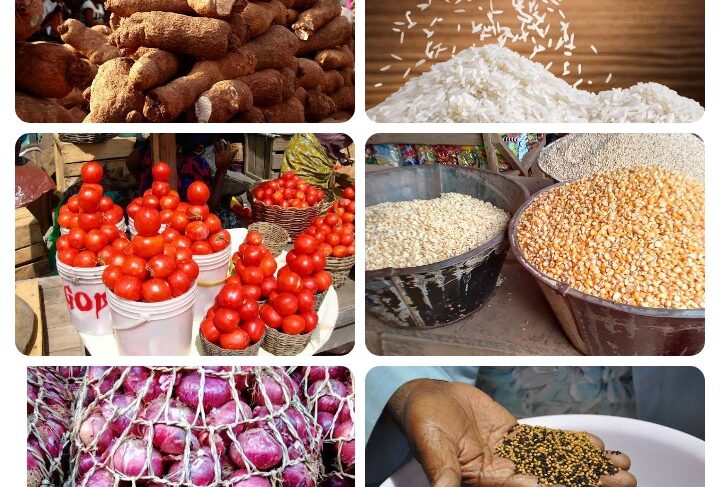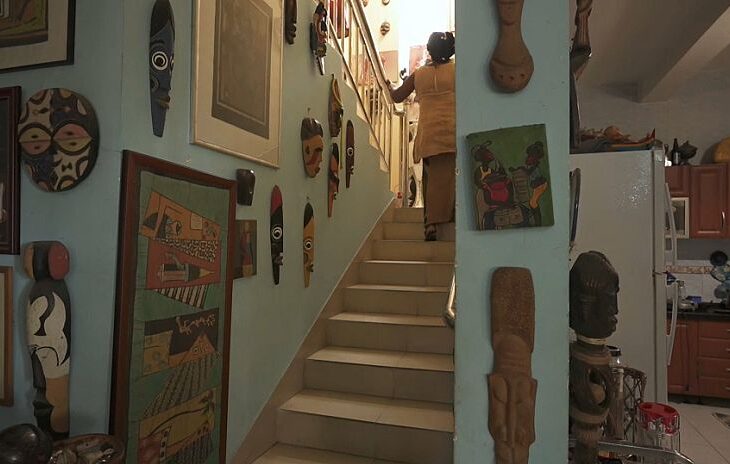
Malawi was called Maravi or ‘reflected light’ back in the days. The country was been addressed as such most likely as a reference to sunlight glittering on Lake Malawi. Early settlements around Lake Malawi, dating back to the late Stone and Iron Ages can be confirmed through Archaeological excavations. This geographical sphere is mentioned in early Arab writings and in Portuguese writings of the 17th and 18th centuries. The pre-colonial Maravi Empire was a loosely organised society covering an expanse of territory well beyond present-day Malawi and encompassed first the Chewa and later the Tumbuka ethnic groups. The Yao from the north and the Ngoni made successful invasions during the 19th century. The Yao became involved in the commercial slave trade, acting as agents for the coastal Arabs. David Livingstone visited Lake Malawi (then called Lake Nyasa) in 1859. British missionaries, traders and planters visited the lake in succeeding decades. Due to the with widespread of slave trade, this period was said to be unsettled.

In 1891, Britain declared the country the British Protectorate of Nyasaland. In 1953 the UK federated Nyasaland with Northern and Southern Rhodesia (now Zambia and Zimbabwe). The Federation was vigorously opposed and, in 1958, Dr Hastings Kamuzu Banda returned home from Ghana, at the invitation of the Nyasaland African Congress, to lead the fight against it. The government declared a state of emergency in 1959 and arrested Banda and other members of Congress. Following his release in 1960, a series of constitutional conferences was held, as were elections. Internal self-government was achieved in 1963, the Federation was dissolved and Malawi attained independence and joined the Commonwealth on 6 July 1964, with Banda as Prime Minister.

In 1966 Malawi became a republic, with Banda as President. A new constitution gave the President, who was also commander- in-chief of the armed forces, widespread powers. He held a number of ministerial portfolios, including External Affairs, Agriculture, Justice and Works. Malawi became a one-party state, with Malawi Congress Party (MCP) as the sole party.
The following decade saw widespread political unrest, much of it arising from splits and rivalries. Pressure for democratic reform intensified at the end of the 1980s. The one-party government held out for a period: thousands of arrests were made in the first half of 1992, among those arrested was trade union leader and multiparty democracy campaigner Chakufwa Chihana. Strikes, student demonstrations and political riots were suppressed by police, in the course of which at least 38 people died.
Western donors supported the campaign for multiparty democracy by suspending non-humanitarian aid to Malawi in May 1992. The reformers joined forces in a Public Affairs Committee (PAC) – an umbrella body of religious and political groups calling for change. The Alliance for Democracy (AFORD), chaired by Chihana, and the United Democratic Front (UDF), chaired by Bakili Muluzi, were formed in September 1992 and joined the PAC. The government then established the President’s Committee for Dialogue and agreed to hold an internationally supervised national referendum on the one-party system.
Over 78 per cent of the adult population voted in the referendum on 14 June 1993, and 63 per cent supported a multiparty system. The constitution was accordingly amended. Banda also announced an amnesty for all Malawians imprisoned or exiled for political activities. Laws passed by the National Assembly in November 1993 committed Malawi to human rights including freedom of expression. The Constitution (Amendment) Act introduced a bill of rights, the title of life President (which had been assumed by Banda in 1971) was dropped from the constitution and a number of restrictive laws were repealed.

Presidential and parliamentary elections were held in May 1994. Bakili Muluzi won the presidential election, obtaining about one- third more votes than his nearest rival, Dr Hastings Kamuzu Banda. His party, the UDF, obtained the largest number of seats in the parliamentary elections, but not an overall majority. In September 1994, Muluzi appointed ministers from AFORD and other smaller parties, giving the new government a working majority.
In the elections of June 1999 Muluzi won the presidency with 52 per cent of votes cast while Gwanda Chakuamba – the candidate of an alliance of the MCP and AFORD – secured 45 per cent. In the National Assembly, the UDF won 93 seats, the MCP 66 and AFORD 29, a result that gave the opposition alliance a parliamentary majority. However, by August 1999, with the support of four independents, Muluzi gained control of parliament and his position was subsequently strengthened by a succession of by-election victories. However, the General elections were then held in Malawi on 20th May 2014. This was the first time Malawians voted for their local governments, members of parliament and president in a single election. Times and change are just unavoidable phenomena in human existence. These contribute to the beauty and the whole essence of history.













